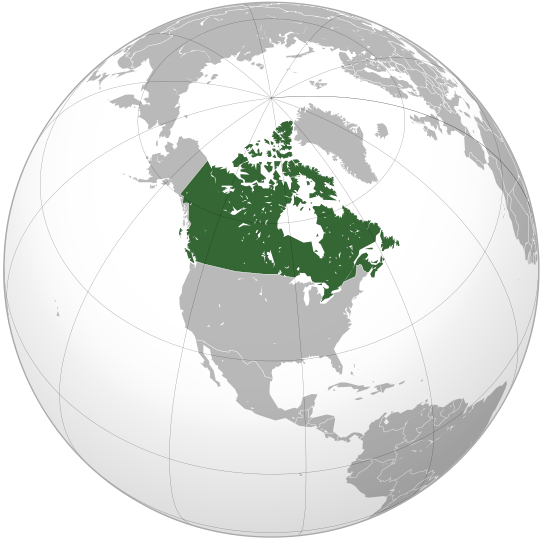EFF: How the Trans-Pacific Partnership will affect Canadians
The many provisions within the Trans-Pacific Partnership trade agreement include a copyright chapter that could severely impact everyday Internet use. Fines would be administered, content and entire websites would be removed and your private data could become compromised. Read on for an interview with Professor Michael Geist that helps to address Canadian concerns on this controversial Internet Trap, and sign and share our petition at StopTheTrap.net. Article by Carolina Rossini of Electronic Frontier Foundation Canada had been lobbying to enter the Trans-Pacific Partnership (TPP) agreement, and its efforts were seemingly paid off with an exclusive invite to the secretive nine-country trade agreement in June. There is no doubt that the TPP will affect many areas of the Canadian economy from agriculture to manufacturing, but the agreement would also regulate intellectual property rights and that could have big consequences for Internet users’ freedoms.
Unfortunately, the exact provisions negotiated in the TPP are still not known. In the meantime, EFF and other public interest groups have used every possible opportunity to provide analysis and inputs to policy makers about the intellectual property chapter and its impact on digital rights. We interviewed Professor Michael Geist to capture some of the main Canadian concerns specifically related to some of the most controversial intellectual property issues present in the trade agreement.
EFF: How can TPP affect Internet users in Canada? Are you concerned with the "three-strikes" approach?
Geist: If the TPP were to adopt a three-strikes approach, this would run completely counter to current Canadian law and repeated assurances from the Canadian government that it does not believe such an approach strikes the right balance in copyright. The recent Canadian copyright reforms adopted a notice-and-notice approach—which many believe does a better job of preserving free speech online than the US notice-and-takedown system. Despite consistent pressure from rights holders to add a penalty element to notice-and-notice that could include account termination, the government repeatedly insisted that it had no plans for Internet termination. If the TPP were to impose such an approach, it would undo much of the balance the government tried to strike during the most recent round of reforms.
EFF: Is circumventing DRM (digital rights management) a crime in Canada? How would TPP affect users and consumers rights if DRM rules are adopted?
Geist: While Canada has adopted restrictive anti-circumvention rules modeled after the US DMCA, they do not include criminal provisions for individual users. Moving toward criminal penalties for non-commercial circumvention would require changes to current Canadian law and would similarly run counter to repeated assurances from government officials that it had no plans to do so. In fact, government MPs [members of parliament] and ministers often quickly corrected commentators who inaccurately claimed that individuals could face criminal sanction for circumvention.
EFF: A recent court decision has recognized that users' rights are as important as copyright holders' rights. Would TPP change that?
Geist: It could. The USTR has made much of its inclusion of a limitations and exceptions clause. However, the current Canadian fair dealing rules as interpreted by the Canadian Supreme Court as "users' rights," offer far greater flexibility for consumers and innovative businesses. If the USTR proposal were adopted, it could start the process of restricting users' rights, contrary to Canada's highest court. Read more »
--
Read more at EFF.org





 Take action now!
Take action now!
 Sign up to be in the loop
Sign up to be in the loop
 Donate to support our work
Donate to support our work